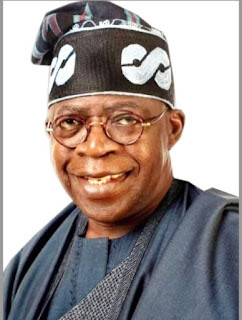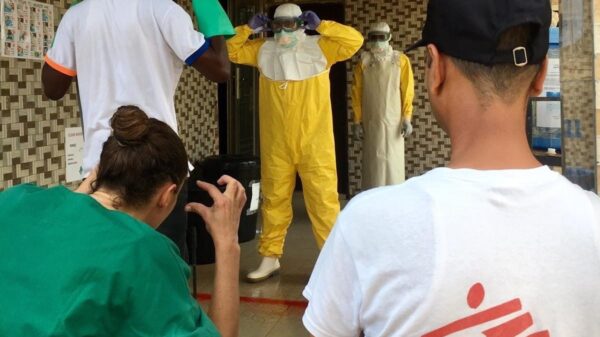The Central Bank of Nigeria (CBN) has taken a drastic measure to check the spiralling depreciation of Nigeria’s currency, Naira.
The Naira has consistently fallen against the dollar in the last two weeks, getting to a worrisome N1,500 to a dollar from between N800 and N950 to a dollar.
The apex bank’s new directive is directed at the deposit money banks which it has accused of hoarding for profiteering.
The apex bank noted with concern the growth in foreign currency exposures of banks through their Net Open Position (NOP).
This has created an incentive for banks to hold excess long foreign currency positions, which exposes banks to foreign exchange and other risks.
Therefore, to ensure that these risks are well managed and avoid losses that could pose material systemic challenges, the CBN issues the following prudential requirements”
In order to increase forex liquidity, rein in on the speculation and hoarding of forex by banks, CBN has just released new sets of guidelines.
Banks control over 70% of all forex transactions.
They exposed their “ridiculous hedging” when they started declaring huge profits after devalution.
What banks did was buy dollars and kept it while telling customers they don’t have forex. When the price of dollar goes up, which they engineer with other players(like BDC), they then sell the forex to BDC. They used this method to manipulate the market.
What CBN is saying now is for every dollar inflow banks get, they must lend 80% of it. Meaning if banks receive $100 today, they must ensure to $80 outflow, and cant keep above $20.
The act of keeping dollars just for the sake of hedging and speculation has been stopped.
CBN is also saying banks should adopt “natural hedging”. If banks borrow in naira, they must lend to customers in naira. If banks borrow in dollars, they must lend in dollars.
The act of borrowing money in naira and converting to dollars to lend to customers has been stopped.
CBN said this is with immediately effect, we now await the reaction of the market.
The new directive to all the commercial banks would take effect from Feb. 1, 2024.
The circulated, dated January 31, 2024, was signed by the Director, Trade and Exchange, CBN, Dr. Hassan Mahmud, and representative of the Director, Banking Supervision, CBN, Mrs. Rita Sike.
The CBN in the circular issued prudential requirements that banks must follow. A key focus of these requirements is the management of the Net Open Position (NOP).
The NOP measures the difference between a bank’s foreign currency assets (what it owns in foreign currencies) and its foreign currency liabilities (what it owes in foreign currencies).
The circular mandates that the NOP must not exceed 20 per cent short or 0 per cent long of the bank’s shareholders’ funds.
This calculation, the apex bank said, must be done using the Gross Aggregate Method, which provides a comprehensive view of the bank’s foreign currency exposure.
Furthermore, banks with current NOPs exceeding these limits are required to adjust their positions to comply with the new regulations latest by February 1, 2024.
Additionally, banks must calculate their daily and monthly NOP and Foreign Currency Trading Position (FCT) using specific templates provided by the CBN.
The CBN also directed banks to maintain adequate stocks of high-quality liquid foreign assets, such as cash and government securities, in each significant currency.
According to the circular, all banks are required to adopt adequate treasury and risk management systems to provide oversight of all foreign exchange exposures and ensure accurate reporting on a timely basis.
Banks are expected to bring all their exposures within the set limits immediately and ensure that all returns submitted to the CBN to provide an accurate reflection of their balance sheets.”
Finally, the CBN warned banks that non-compliance with the NOP limit would result in immediate sanction and suspension from the foreign exchange market.




























